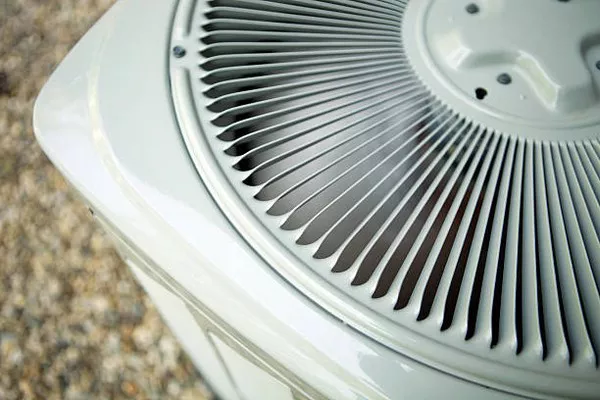Air conditioning (AC) systems play a crucial role in maintaining indoor comfort, especially in regions with extreme temperatures. At the heart of these systems lies the AC compressor, a vital component responsible for pressurizing and circulating refrigerant throughout the system. Understanding how to work with AC compressors is essential for HVAC technicians, maintenance professionals, and even homeowners looking to ensure optimal performance and longevity of their cooling systems.
Understanding the Basics
Before delving into the intricacies of working with AC compressors, it’s essential to grasp the fundamental principles behind their operation. AC compressors are essentially the workhorses of the cooling system, responsible for compressing low-pressure, gaseous refrigerant into a high-pressure, high-temperature state. This transformation is critical for the refrigerant to release heat outside and absorb heat from the indoor environment.
Safety First
Working with AC compressors requires a strong emphasis on safety. Prioritize safety measures such as wearing personal protective equipment (PPE), including safety glasses and gloves. Ensure the power supply to the system is turned off before conducting any maintenance or repairs to prevent electrical accidents. Familiarize yourself with the manufacturer’s safety guidelines and adhere to local regulations and industry standards.
Routine Maintenance
Regular maintenance is key to ensuring the optimal functioning of AC compressors. Start by inspecting the compressor for any visible signs of wear, corrosion, or damage. Clean the surrounding area to prevent debris from entering the unit and compromising its efficiency. Lubricate moving parts as recommended by the manufacturer to reduce friction and prolong the compressor’s lifespan.
Checking Refrigerant Levels
Proper refrigerant levels are crucial for the efficient operation of AC compressors. Low refrigerant levels can lead to inadequate cooling and increased energy consumption. Use gauges to measure the refrigerant pressure and ensure it falls within the recommended range. If levels are low, it may indicate a leak, which should be promptly identified and repaired to prevent further damage.
Troubleshooting and Diagnostics
When faced with AC compressor issues, a systematic approach to troubleshooting is essential. Begin by examining the electrical components, such as capacitors, contactors, and wiring. Inspect for any loose connections or damaged parts that may impede the compressor’s performance. Utilize diagnostic tools such as multimeters to identify electrical faults accurately.
Compressor Replacement
In some cases, repairing a malfunctioning compressor may not be cost-effective or feasible. Compressor replacement becomes necessary when the unit is beyond repair or has reached the end of its operational life. Before initiating the replacement process, ensure the new compressor is compatible with the existing system and meets the manufacturer’s specifications.
Compressor Installation Best Practices
Proper installation is critical for the successful integration of a new compressor. Follow the manufacturer’s guidelines and industry best practices to ensure correct placement, alignment, and secure mounting. Pay attention to electrical connections, refrigerant lines, and other components to prevent issues such as vibration, noise, or overheating.
Upgrading to Energy-Efficient Compressors
As technology advances, energy-efficient compressors are becoming more prevalent in the HVAC industry. Consider upgrading to a high-efficiency compressor to reduce energy consumption and lower operating costs. Evaluate the system’s compatibility with the new compressor and consult with manufacturers or HVAC professionals to ensure a seamless transition.
Regular System Checks
Beyond focusing on the compressor itself, conduct routine checks on the entire AC system. Inspect ductwork, air filters, and other components to identify potential issues that may impact the compressor’s performance. Addressing these issues promptly can prevent unnecessary strain on the compressor and extend its operational life.
See Also How Much To Fix Ac Compressor In Car
Conclusion
Effectively working with AC compressors requires a combination of knowledge, skills, and a commitment to safety and maintenance. By understanding the basics, prioritizing safety measures, conducting routine maintenance, and staying updated on industry advancements, HVAC technicians and professionals can ensure the reliable and efficient operation of air conditioning systems. Regular checks, proper troubleshooting, and adherence to best practices contribute to the longevity of AC compressors, ultimately benefiting both the equipment and those who rely on the comfort provided by these systems.

